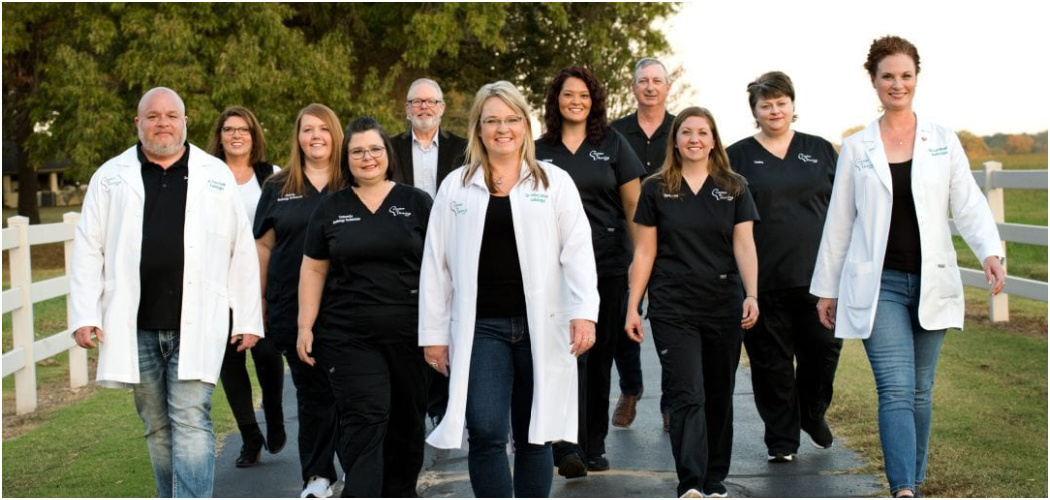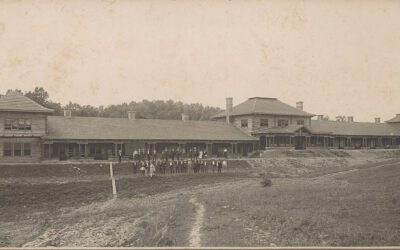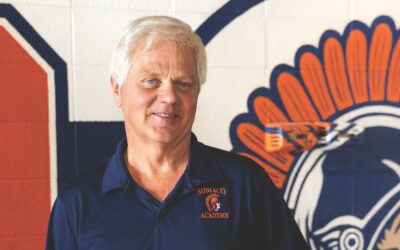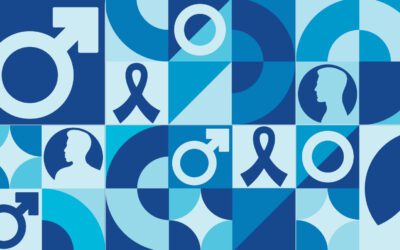Anyone who knows Dr. Kelley Linton knows she doesn’t believe accidents happen in life. Everything that someone experiences is part of a plan and a purpose, even if they can’t see it at the time. It’s how she lives her life and how she’s run her Fort Smith audiology practice, recently renamed Center for Hearing and Balance.
“We are very faith-based here. Most everything I have done since 1998 I did when I had just the right feeling, which I feel is divinely driven,” she says. “I believe God gives us talents and they are designed for us to make a living and raise Godly children. But I also think the intent is for us to give of our talents. Certainly, my talent is helping people hear better and so I need to give my talent to those who can receive it.
“And when that all falls into place, it is an amazing feeling. We know we are called to be the best at what we do and out of love for our community we want to deliver care in the best way possible.”
Kelley’s latest hint that God’s very pleased with His good and faithful servant has been taking shape in the form of a new, larger home for her practice. The 7,000-square-foot space, almost triple the square footage of the existing location, is set to open in July, capping a journey nearly a decade in the making.
“We purchased the land seven or eight years ago with the intent of building a clinic,” she says. “We thought of building a time or two before, but this was just when all the pieces fell into place. We waited on God’s time.”
Even for someone as devout as Kelley, it took a lot to summon patience enough to let God point the way on something she’d been dreaming of for so long. After all, she got into the audiology field out of a recognition of the dire need for hearing services in western Arkansas.
“Audiology is dealing with frequencies and decibels,” she says. “It is the most common disability that babies are born with and every single person who lives long enough will have hearing loss, especially since we live in such a noisy world. There’s just a lot of hearing loss out there, which means there’s a tremendous need for what we do.”
Seeing how immediately and profoundly she could help people Kelley dove in with an all-consuming intensity, first in her studies, and then her career. Being a lifelong resident of the River Valley, she saw every person she treated like a friend or a neighbor, which in many cases they were.
Once she founded her practice, expansion was always in her plans, but God seemed to be using that end goal as a way to get her to slow down and focus. Then, when she finally saw the green light from on high, she could scarcely believe the timing in which her vision was to at last take shape.
“On the surface, it probably was the worst time to build, because it was the middle of COVID,” she says. “And yet here we were, during a pandemic, where things just happened to start falling into place.”
As usual, the Almighty knew what He was doing. Despite supply chain snarls and labor shortages, the state-of-the-art clinic grew steadily and surely out of the ground. And with the new space comes a new medical specialty, targeting the body’s balance center known as the vestibular system.
“We will be doing neurodiagnostic testing of the vestibular system,” Kelley says. “We are affiliated with the American Institute of Balance, which is in Tampa, Florida. We will collaborate with them on everything involving the vestibular system in the inner ear.”
The vestibular system is a sensory system that controls balance and spatial orientation, according to the National Library of Medicine. Damage to the system, which can come because of trauma or birth defect, causes vertigo, dizziness and nausea. In addition to being debilitating on its own, this disorder can lead to increased falls, especially in seniors, which can cause secondary injuries.
“It can be something as serious as a lesion, an inner nerve brain lesion, or something more minor such as medication they took or motion sickness or car sickness,” Kelley says. “Some conditions cannot be fixed, and we will be able to determine if this is something that can be treated and repaired, or not.”
Typical treatment for vestibular damage or disease is largely limited to medication, but Kelley says the new clinic will introduce additional, more advanced protocols.
“Medication can help a person cope and continue functioning a normal life. But it does not always get to the root of the problem,” she says. “We are going to be doing the testing and evaluation to determine where the patient’s dizziness is coming from, where the injury is within the inner ear system, and then devise a treatment plan we will follow through with locally.
“Some of these treatments will be vestibular rehabilitation therapy which will be done by physical therapists in the area. We can also do follow-up testing to make sure we have accomplished our objective of improving their balance or reducing their dizziness. What we’re looking to build here, there’s really nothing exactly like it in the River Valley area or pretty much anywhere in Arkansas.”
Kelley says while the diagnostic and treatment system can be applied to newborns through geriatric patients, Center for Hearing and Balance is going to focus on adults and seniors. She says statistics show about 90 million adults suffer from falls every year, which underscores the crushing need for balance-related medical services.
“It was in our scope of practice to do this, and it’s something that many audiologists are not super-excited about doing,” she says. “You either love it or you do not. I was faced with a couple of personal situations of dizziness and balance issues as well as the frustrations of finding help. And so, I was like, ‘Why don’t we just do this? Why don’t we?’”
It was an expensive question. The clinic’s affiliation with the American Institute of Balance isn’t cheap, nor is the top-of-the-line equipment that will fill the new $3.5 million clinic. But Kelley would have it no other way.
“If we were going to do it and build a clinic like this, then we had to be top of the line. It’s going to have to be right,” she says. “I wanted to be affiliated with the American Institute of Balance so I would be able to collaborate with them on patient treatment plans. I did not want to just be out on my own. It is very, very expensive to do and a very large undertaking. But again, having the level of equipment that we have, the same found at the Mayo Clinic and Johns Hopkins, is the only way I would want to do it.
“That’s not just for our patients, but for our staff as well. I want everybody who works here to be proud when they come to work. We want them to know that they are delivering the best care and using the best technology, because we want them to feel good about how they’re serving our patients.”
Center for Hearing and Balance
479.785.3277
centerforhearing.net




